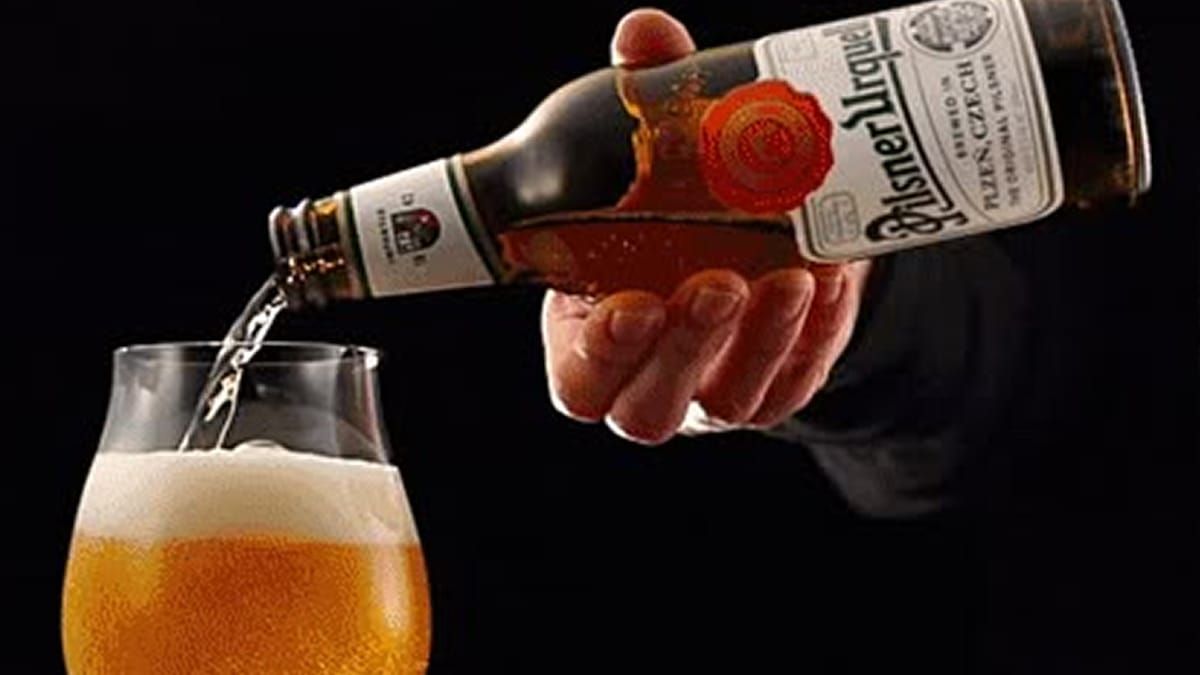Is Your Morning Beverage Secretly Sabotaging Your Hormones?
You wake up, head to the kitchen, and pour yourself a comforting drink. But what if that seemingly innocent ritual is slowly undermining your manhood? If you’re over 30 and noticing reduced energy, declining muscle mass, stubborn belly fat, or a fading libido, you might be surprised to learn the culprit could be hiding right in your cup.
Understanding Testosterone and Its Role in Men Over 30
Testosterone isn’t just a sex hormone. It plays a central role in maintaining muscle mass, bone density, fat distribution, red blood cell production, and mood stability. After age 30, testosterone levels naturally decline by about 1% per year. However, certain lifestyle habits and environmental factors can accelerate this process drastically.
The Common Beverage That Might Be Hurting Your Hormones
Let’s get straight to it: commercially processed soy milk and sugar-laden energy drinks are two beverages that have been linked to lower testosterone levels in men.
Why Soy Milk? Soy contains phytoestrogens, plant-based compounds that mimic estrogen in the body. While moderate consumption may not pose serious threats, regular, daily intake of soy-based products can create a hormonal imbalance, especially in men with already declining testosterone.
A 2008 Harvard study showed that men who consumed large quantities of soy foods had significantly lower sperm counts than those who didn’t. Although more research is needed, the risk is worth considering.
Why Energy Drinks? Most energy drinks are overloaded with sugar, caffeine, and synthetic additives. These components can spike cortisol (the stress hormone), which directly opposes testosterone. High sugar intake also contributes to insulin resistance, weight gain, and inflammation, all of which have been shown to suppress testosterone production.
Other Beverages That May Disrupt Your Hormones
- Beer: Excessive alcohol, especially from beer, can lead to increased estrogen levels.
- Diet sodas: Artificial sweeteners like aspartame and sucralose have been linked to metabolic dysfunction.
- Flavored milk drinks: Often loaded with sugars and synthetic hormones.
- Bottled iced teas: High in sugar and preservatives, low in nutritional value.
The Long-Term Dangers of Low Testosterone
Ignoring low testosterone can lead to:
- Reduced libido and erectile dysfunction
- Increased body fat and loss of lean muscle
- Depression and mood swings
- Weakened bones and risk of osteoporosis
- Declining memory and cognitive function
What Science Says: Backed by Research
- A 2016 study in the Journal of Clinical Endocrinology linked excess sugar intake with reduced testosterone levels.
- The Journal of Nutrition found that high consumption of soy isoflavones can affect testosterone metabolism in men.
- Dr. Richard Sharpe, a leading expert in male reproductive health, warns that dietary estrogens from soy may pose risks to testosterone regulation.
Real-Life Case Example
Mark, 42, from San Diego, used to drink soy lattes every morning and pound down two energy drinks by lunch. Over the years, he noticed fatigue, muscle loss, and low libido. After cutting these beverages and adopting a clean, testosterone-friendly diet, he reported better energy, improved workouts, and a revitalized sex drive within 90 days.
What Should You Drink Instead?
- Filtered water with lemon: Detoxifying and hydrating.
- Green tea: Contains antioxidants and boosts metabolism.
- Black coffee (no sugar): In moderation, supports focus and performance.
- Beetroot juice: Increases nitric oxide and supports circulation.
- Protein smoothies with healthy fats: Almond butter, avocado, and whey isolate.
Simple Lifestyle Changes to Support Healthy Testosterone
- Sleep 7-9 hours per night
- Lift weights 3-4 times a week
- Eat more zinc-rich foods (eggs, beef, pumpkin seeds)
- Avoid endocrine disruptors like BPA in plastics
- Manage stress through meditation or breathwork
Final Thoughts: How to Reclaim Your Masculine Edge
If you’re a man over 30, now is the time to be proactive. Eliminate testosterone-draining beverages from your routine. Make room for real, hormone-supporting nutrition and habits. Small daily changes can bring massive long-term gains.
Tips to Avoid Testosterone-Killing Beverages
- Read labels, avoid soy isolate and high fructose corn syrup
- Choose unsweetened almond or oat milk over soy
- Ditch energy drinks for herbal teas or water with sea salt
- Limit alcohol to 1-2 servings per week
- Use glass or stainless-steel bottles to avoid plastic toxins
FAQ
What drinks should men over 30 avoid to maintain testosterone? Avoid soy milk, sugary energy drinks, diet sodas with artificial sweeteners, and excessive alcohol.
Can soy really lower testosterone? Yes, studies suggest phytoestrogens in soy can mimic estrogen and interfere with hormonal balance in men when consumed regularly in high amounts.
Is coffee bad for testosterone? In moderation, black coffee may actually support testosterone. But added sugar and artificial creamers can negate the benefits.
How do energy drinks affect testosterone? Their high sugar and caffeine content can increase cortisol and insulin resistance, both of which suppress testosterone.
What are better alternatives to soy or sugary beverages? Filtered lemon water, green tea, black coffee (unsweetened), beetroot juice, and high-protein smoothies with healthy fats.
Is it possible to reverse low testosterone naturally? In many cases, yes. With proper diet, exercise, sleep, and lifestyle adjustments, natural testosterone production can be restored.
What are signs that your beverage choices are affecting testosterone? Low energy, belly fat gain, reduced sex drive, mood swings, and poor workout recovery are red flags.
Recommended Products (No Brand Mention)
- Hormone-friendly plant-based protein powders (no soy)
- BPA-free reusable water bottles
- Adaptogenic herbal teas (like ashwagandha blends)
- Natural testosterone support supplements (with zinc, magnesium, vitamin D)
- Sleep-enhancing teas or tinctures (valerian root, chamomile)
Final Thoughts: How to Shield Your Hormones from Hidden Threats
- Start reading beverage labels with a critical eye
- Swap soy and sugary drinks for whole-food-based hydration
- Strengthen your daily routine with workouts, sleep, and balanced meals
- Embrace awareness about what you consume
- Prioritize long-term vitality over short-term indulgence
“Take care of your body. It’s the only place you have to live.” — Jim Rohn

